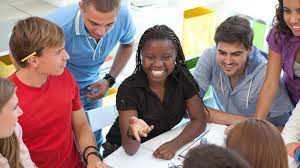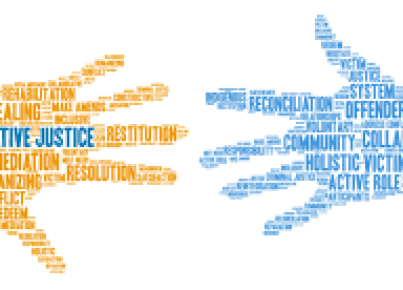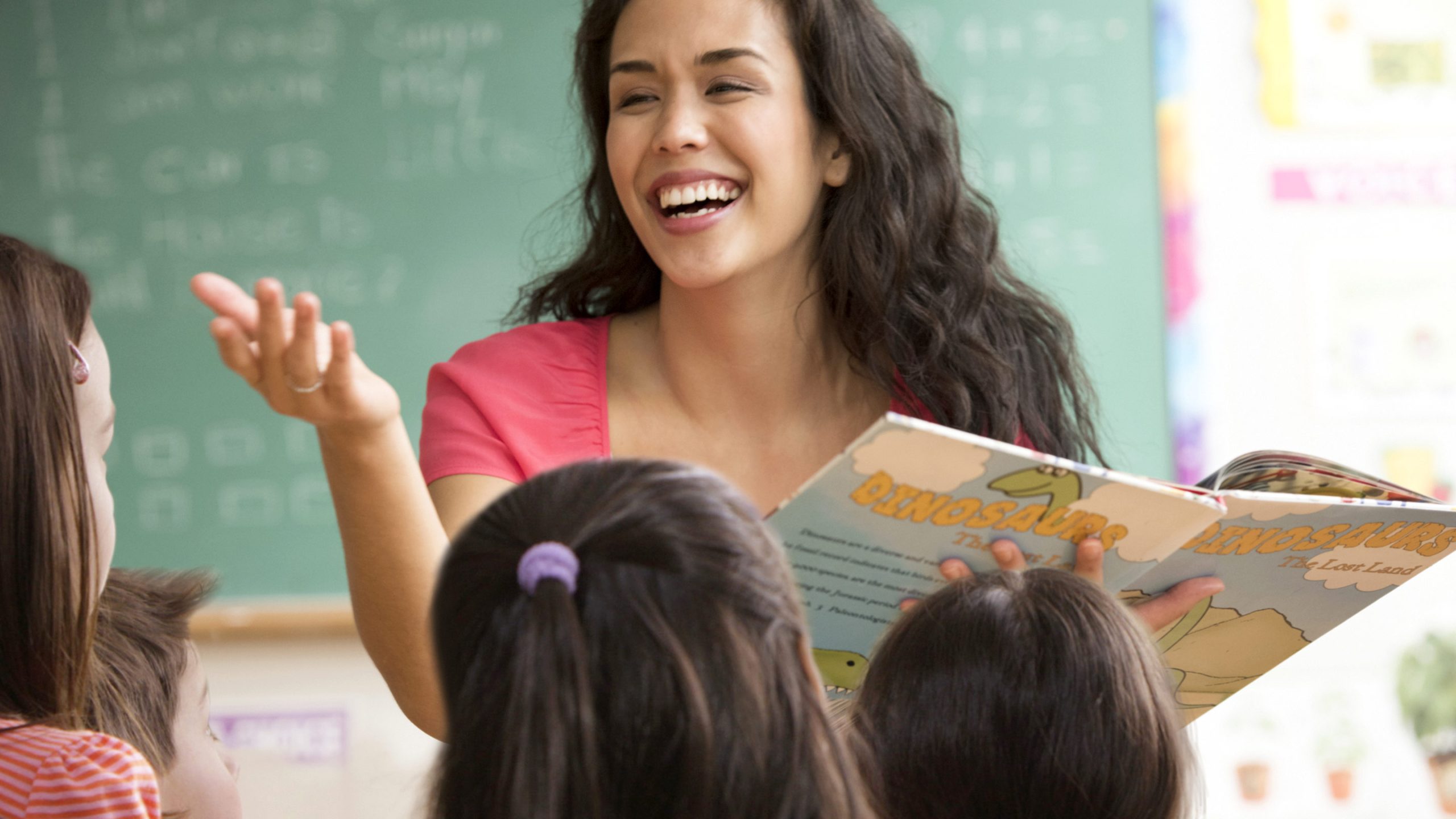Introduction
Discipline is a crucial aspect of every educational environment, serving as an essential foundation for learning and growth. For upper elementary students, effective and appropriate discipline strategies are particularly important. As children in this age group experience rapid social, emotional, and cognitive development, a well-planned and thoughtful disciplinary approach can significantly impact their progress and success within the classroom.
Let’s explore some innovative ways to rethink upper elementary discipline, placing greater emphasis on proactive measures and positive reinforcement rather than relying solely on traditional punitive methods.
Positive Reinforcement and Encouragement
Children at the upper elementary level respond incredibly well to consistent positive reinforcement. Rather than simply addressing undesirable behavior, educators should focus on recognizing and rewarding students for their efforts and achievements—no matter how small. Praise, tokens of appreciation, and other forms of positive reinforcement serve as motivational tools, encouraging students to continue displaying appropriate behavior.
Restorative Practices
Restorative practices involve a shift from punishment-based disciplinary actions to interventions that promote accountability, understanding, empathy, and healing among all parties involved in any conflict or misbehavior. Some practical restorative approaches include:
1. Staff-guided discussions that encourage all parties to share their perspectives
2. Peer mediation programs that promote problem-solving skills
3. Group or individual sessions aimed at building emotional intelligence and self-regulation strategies
By implementing these practices in the classroom, teachers can address disciplinary issues more holistically while fostering a culture of empathy and compassion.
Individualized Supports
One size does not fit all when it comes to discipline. Understanding each student’s unique needs—and tailoring disciplinary strategies accordingly—creates more meaningful opportunities for growth within the classroom. Specialized tools or interventions can support individual learners’ specific challenges while collectively improving classroom culture.
Building Strong Relationships
Establishing trust with students is fundamental to creating an environment in which behaviors can be openly discussed without fear of embarrassment or judgment. Teachers should prioritize building rapport with their students, spending dedicated time checking in on their well-being and addressing any concerns.
Focus on Social-Emotional Learning
Integrating social-emotional learning (SEL) strategies into upper elementary classrooms enables children to develop emotional intelligence, empathy, and self-regulation—skills integral to positive behavior. Incorporating SEL components can help prevent disciplinary issues from escalating and provide teachers a solid foundation for managing student behavior.
Conclusion
Rethinking the way we approach upper elementary discipline is vital for promoting student success not only academically but also socially and emotionally. By focusing on positivity, understanding, individualized support, relationship-building, and social-emotional learning, we can create classroom environments that foster resilience and empower our students to navigate their educative journey with confidence and purpose.





